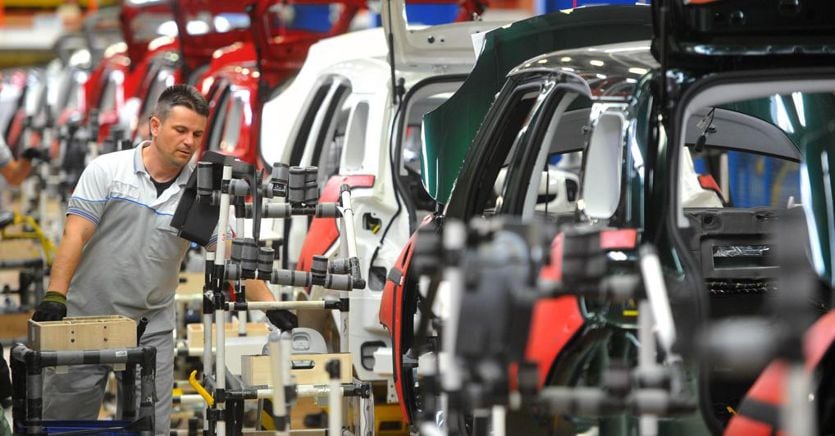There is an advertisement showing the new car in the garage with its customer beside it, looking at it in admiration, delighting with the purchase. She hasn’t just come home, she is leaving. Except that instead of getting in the car and really enjoying it (otherwise she would have bought a painting, which at that price there are beautiful ones) she decides to get on the bike and ride.
Advertising is constantly trying to win over the next customer, the one it hadn’t been able to convince until now. Who is a customer in the car? All, one might say, with a record penetration of 6 for every 10 inhabitants, including babies. But those are the owners. The customer is the one who for a few months wishes and plans to buy one (or rather, another) then one day he does it and for a few months he enjoys his new purchase. Outside of this love-and-honeymoon we are motorists and often not happy to use the car, given the traffic and parking conditions. Leaving the car in the garage is okay, it’s a shareable dream. Question: is it also the dream of someone who is wishing to buy it? Because an advertisement speaks to them, to convince them to buy that product. Instead the message is: buy it not to use it. Put like this it seems a contradiction. Shouldn’t we expect the Big Mac commercial to say to have a healthier tomato spaghetti at home? It is certainly more complicated than that. Maybe that client has a conflict, is bipolar. There is a man who wants a new car, and therefore it is worth conquering him, and there is his conscience to tell him that driving the car is a sin and therefore we must reassure him that yes, he will be able to resist temptation. It deserves understanding. If for a car there is such an adolescent oratory, imagine the important things.
But what attitude should the industry have? Lulling it into his drama means sharing it: if guiding them is a sin, so is manufacturing them. In short, I make cars but I admit my fault. It could work if repentance was followed by a commitment not to fall into temptation: you don’t use it and I stop making it. Then yes, it would make sense. Otherwise, playing two parts in a comedy confuses one’s identity and the clients, the non-bipolar ones, who would not know what to regret: going to work? to take the children to school? to put new low-impact cars on the road?
Everyone is free to choose the profession he believes in and, doing it with honesty and commitment, be proud of it, with nothing to be ashamed of. Others may not like it, but those who have the privilege of being able to speak should defend it, even on behalf of those who have no voice but they built that car with pride to let it drive and not hide it in the garage.
